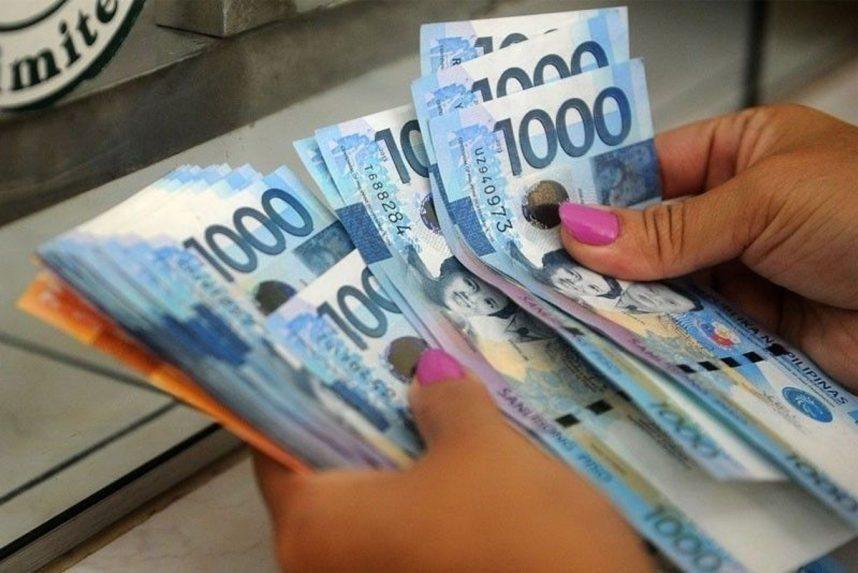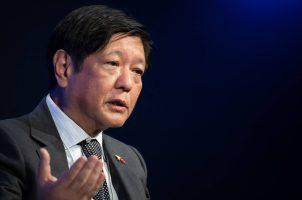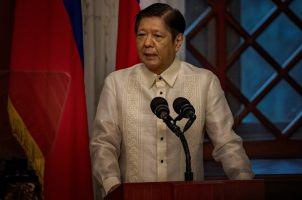Philippines Casino Junkets Blamed for Money Laundering Grey Listing
Posted on: February 27, 2024, 10:21h.
Last updated on: February 27, 2024, 11:54h.
Junket groups serving the Philippines’ many casinos are primarily to blame for the country remaining on an international list of nations that aren’t doing enough to combat money laundering. That’s according to the Financial Action Task Force (FATF), an intergovernmental organization founded by the Group of Seven (G7) designed to reduce global terrorism funding by limiting the illicit flow of money.

The FATF placed the Philippines on its anti-money laundering grey list in 2021. Since then, the country has pledged to work with the FATF to strengthen its banking system and financial regulations on businesses that handle large amounts of cash, like casinos.
Though improvements have been made, FATF officials say more work must be done for the Philippines to remove its unwanted placement on the grey list. The global organization is led by the United States, United Kingdom, Japan, Germany, Canada, France, and Italy. It says casino junkets, which transport high rollers from around Asia to casinos in the Philippines — and often lend them money to gamble in the same amount as their costly travel itineraries — present extensive money laundering concerns.
The Philippines is home to four integrated casino resorts in Manila’s Entertainment City, including Resorts World, City of Dreams, Solaire, and Okada. There are also casinos located in the country’s freeport zones. The Philippines government additionally operates casinos under the Casino Filipino brand.
Progress, but Work Remains
The FATF said the Philippines’ progress in adhering to international standards regarding money laundering was reviewed since October 2023. The organization found improvement, but concluded that the country must take additional steps before being removed from the grey list.
Since June 2021, when the Philippines made a high-level political commitment to work with the FATF to strengthen the effectiveness of its Anti-Money Laundering/Countering the Financing of Terrorism (AML/CFT) regime, the Philippines has taken steps towards improving its AML/CFT regime, including by identifying and investigating terrorist financing cases,” the FAFT wrote.
Among four areas where further improvements are needed, the FATF said, is “demonstrating that supervisors are using AML/CFT controls to mitigate risks associated with casino junkets.”
The Philippines has become a preferred operating market for junket groups after China forced them out of Macau. The travel groups often partner with casinos to operate VIP tables in private rooms.
Philippines President Ferdinand “Bongbong” Marcos Jr. has made it a point of his presidency to achieve the nation’s removal from the FAFT grey list.
Last fall, Marcos ordered 44 government agencies, including PAGCOR — the Philippines Amusement and Gaming Corporation that regulates and operates casinos — to take whatever steps are needed to improve money laundering safeguards.
FAFT Importance
Countries are placed on the FATF grey list when they agree to repair their money laundering and terrorist financing deficiencies. Nations that remain on the grey list risk being moved to the organization’s blacklist, which can come with sanctions and more reputational damage.
Remaining on the grey list can often scare off other countries from doing business. Inclusion can lead to a grey-listed country’s financial sector being shunned by international companies.
The FAFT seeks to move nations from the grey list within five years.
Related News Articles
Philippines Directs Gaming Regulator to Review Money Laundering Defenses
Philippines President Wants Country Off Money Laundering Grey List
Melco to Phase Out Plastic Bottles at Resorts in Macau, Manila, Cyprus
Most Popular
Mirage Las Vegas Demolition to Start Next Week, Atrium a Goner
Where All the Mirage Relics Will Go
Most Commented
-
Bally’s Facing Five Months of Daily Demolition for Chicago Casino
— June 18, 2024 — 12 Comments
















No comments yet